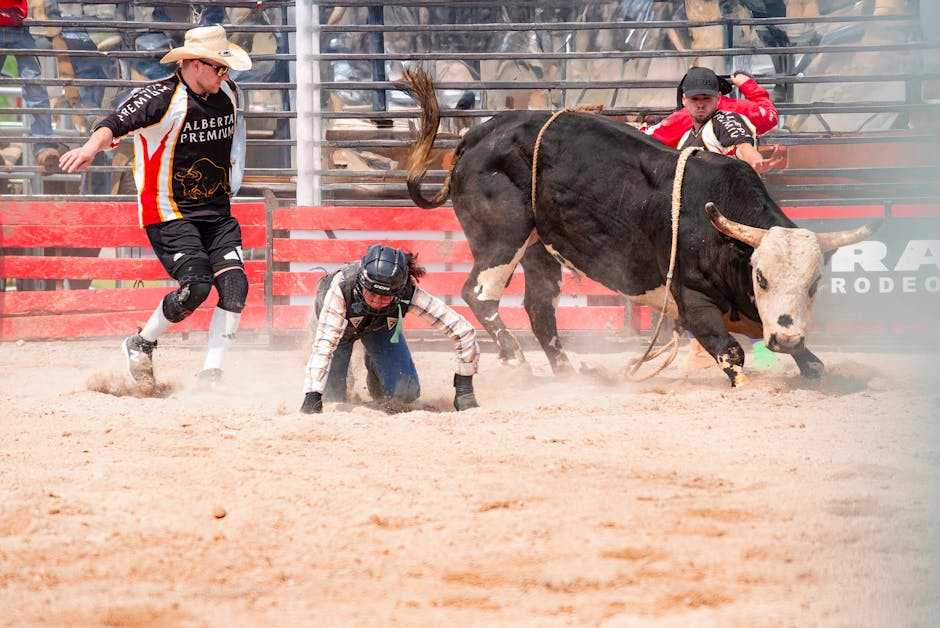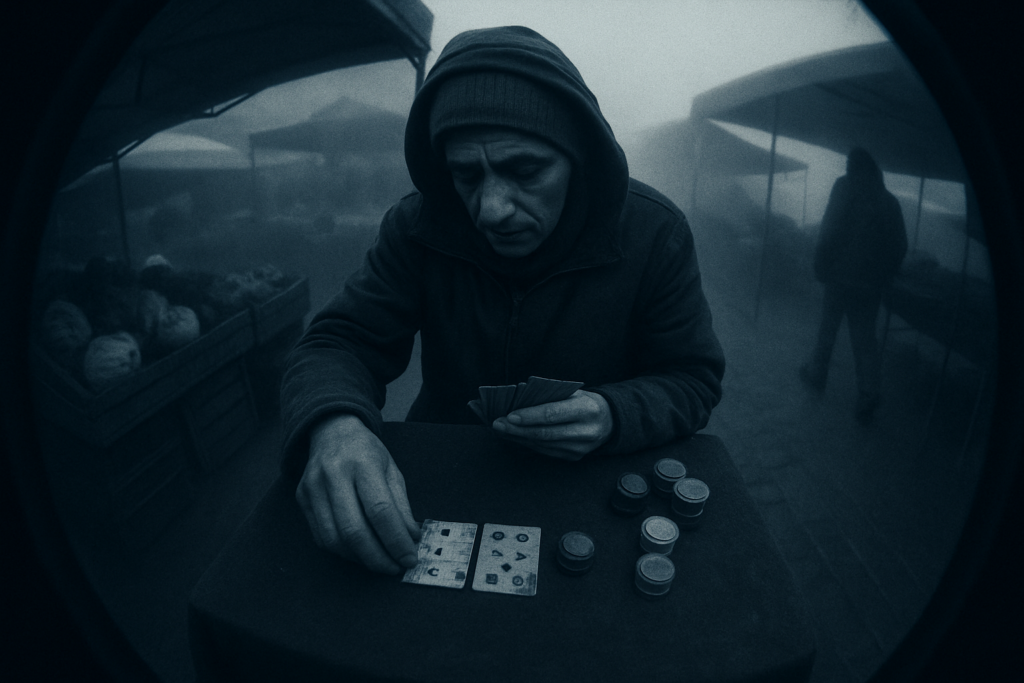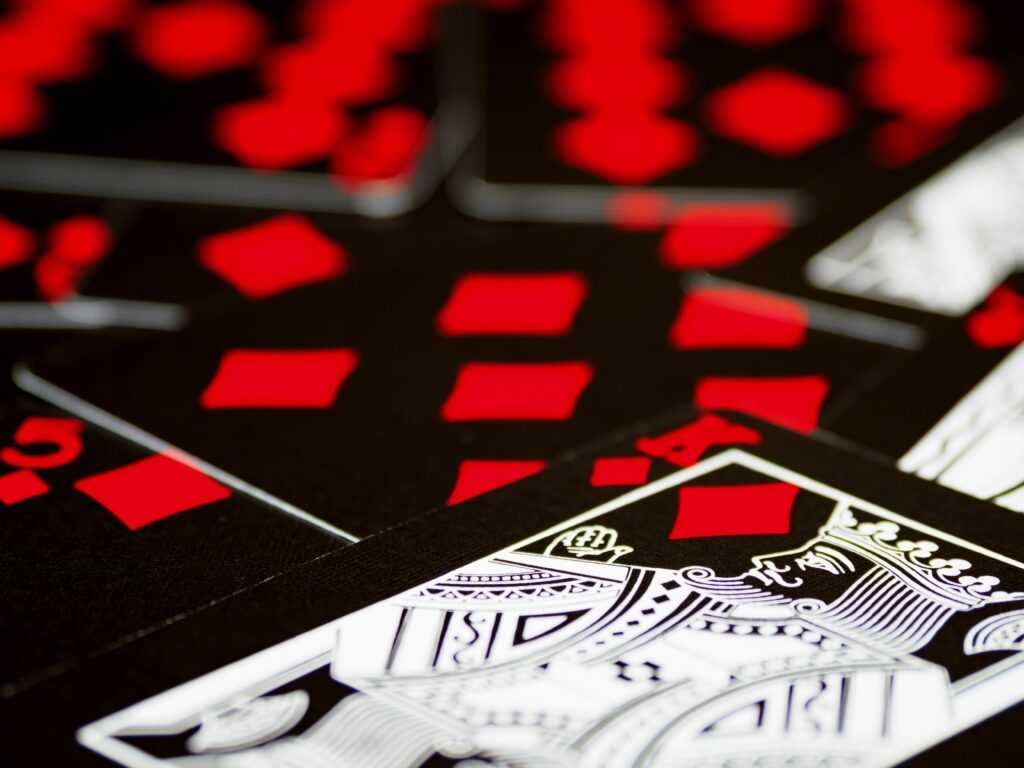What “Chasing Losses” Really Means
Chasing losses is what happens when a bettor tries to undo a loss by immediately wagering more. The logic is simple: win once, and get back to even. But the reality is messier. Chasing often means increasing bet sizes, betting more frequently, or straying from your usual strategy. It’s a reaction, not a plan.
The most common thought behind it? “I just need one win.” That mindset sounds harmless, like a pep talk. But it’s loaded with risk because it assumes you’re due for a turnaround. That you’re in control. That the next bet will save you. This is where good judgment goes to die.
Almost every bettor hits this point, seasoned or not. You lose, you get frustrated, and that urge to fix it kicks in fast. It feels urgent like not chasing would somehow be leaving money on the table. But the house edge doesn’t care about your streak or your optimism.
Chasing isn’t strategy. It’s impulse dressed up in hope. If you want the full breakdown, including how to recognize the early signs, take a look at chasing losses in betting.
The Psychological Triggers Behind the Chase
When a bet goes wrong, it’s rarely just money that’s lost. For many, it sparks a chain of emotional and mental reactions that are tougher to shake than any financial hit.
First comes emotional tilt: that red mist of anger, irritation, or disbelief that clouds your judgment and pushes you to act fast and recklessly. Tilt doesn’t wait for logic. It feeds on quick decisions and ignores the odds, turning what was once strategic into desperate.
Then there’s loss aversion. Psychologists have shown that losing hurts more than winning feels good. It’s hardwired. A small loss can punch harder emotionally than a moderate win can soothe. That imbalance pushes bettors to chase, not out of greed, but out of a deep dislike of the feeling of losing.
Variance blindness is another blind spot. People overestimate patterns and underestimate randomness. Just because you lost five times in a row doesn’t mean you’re due for a win. That’s where the gambler’s fallacy creeps in thinking the universe is keeping score. It’s not. Each bet is a new roll of the dice. But that belief that you’re “owed” a win can warp your thinking and lead to double downs you shouldn’t be making.
These mental triggers feel small in isolation. Together, they form a dangerous cocktail. Knowing them is the first step in breaking the cycle.
Neurological Loops & The Biology of Risk

Let’s strip it to the core: your brain is wired to love the chase. Every time you place a bet especially after a loss your brain dishes out a hit of dopamine. It’s the same chemical that fires when you eat sugar or check a notification. The twist? It spikes not just with wins, but with potential wins. So even after losing, the act of placing another bet still feels rewarding. That’s a dangerous loop.
Now layer in the illusion of control. You start thinking you can outsmart the odds. That maybe, just maybe, with the right read or a clever strategy, you can win it back. But gambling isn’t poker night with friends it’s a system ruled by math, not momentum. Most bettors overestimate their skill and underestimate randomness. That belief sets the trap.
Then there’s fight or flight mode. After a rough loss, the body reacts like it’s in danger: elevated heart rate, narrowed focus, impulse ready to fire. The rational part of your brain? It goes quiet. What’s left is raw emotion driving fast bets double or nothing, no cool off period, no plan. Not exactly a recipe for longevity.
Understanding the bio mechanics here matters. Because if you know what’s happening under the hood, you’re better equipped to pump the brakes before things spin out.
How Chasing Losses Impacts Your Game Long Term
Chasing losses might start with a single emotional bet, but it rarely ends there. The real danger lies in how one poor decision can trigger a cascade of self defeating behaviors. Understanding the long term consequences is critical if you want to break the cycle.
The Snowball Effect
What begins as a small chase often turns into a series of increasingly reckless bets.
A bettor increases their stake after a loss to “recover” quickly
One failed bet becomes two… then five
Emotional decision making overrides logic and planning
This cycle builds momentum fast, leaving little room for rational evaluation. With each failed chase, the pressure to get even grows along with the risk.
Bankroll Erosion and Destructive Tilt
Even the best betting strategies fail under the weight of emotional tilt. Without a disciplined bankroll management plan, losses pile up quickly.
Bankroll gets depleted chasing after past losses
Bettors often stake larger amounts out of desperation, not strategy
Long term goals get abandoned for short term emotional relief
This financial and mental spiral is one of the most common pathways to gambling addiction and loss of control.
The Trap of the Rare Recovery Win
To make matters worse, occasional wins that come after a chase can create false confidence. They serve as emotional reinforcement even when they resulted from poor decisions.
“It worked once, so it will work again” thinking begins
These recovery wins mask systemic flaws, preventing long term change
The bettor starts seeing chasing as a viable fallback tactic
Unfortunately, the house always wins in the long run, and relying on random rescues only prolongs the damage.
Want to see recovery focused strategies in action? Explore the full guide: chasing losses in betting
Smarter Ways to Bet And Avoid the Chase
When it comes to long term betting success, avoiding emotional traps is just as crucial as analyzing odds. Chasing losses is often fueled by impulsive decisions and unchecked emotion. The key? Build structure into your betting routine to remove the chance of reactive behavior altogether.
Set Boundaries with Stop Losses and Bankroll Caps
A simple but powerful way to protect yourself from downward spirals is to set financial limits ahead of time.
Stop losses: Establish a maximum daily or session based loss you’re willing to tolerate. Once it’s hit, walk away no exceptions.
Bankroll caps: Limit your total exposure by only betting a fixed percentage of your total bankroll. This creates a safety net even during bad streaks.
Why it matters: These boundaries shift betting from being emotional to intentional.
Use Time Outs to Regain Emotional Control
After a significant loss or winning streak, emotions can cloud judgment. Using a reset strategy helps you make better decisions moving forward.
Step away after a losing bet to test your impulse levels.
Set cool down periods between bets, especially when emotions run high.
Consider using platform enforced breaks or self exclusion periods if needed.
Understand Variance with Data Not Emotion
Variance is natural in any form of betting, yet many bettors misinterpret short term fluctuations.
Track bets consistently: Use spreadsheets or tracking apps to measure outcomes and odds over time.
Analyze patterns: Let data show tendencies, not moods.
Accept swings: Not every loss is a mistake some are just mathematics.
Build a Betting System That Removes Impulsive Decisions
Successful bettors rely on pre determined rules, not guesses in the heat of the moment.
Develop a structured approach with clear criteria for every bet.
Automate routines where possible this could mean pre scheduled bets or algorithmic triggers.
Review performance consistently to tweak systems rather than reacting emotionally.
A well designed system builds accountability into your betting habits removing the temptation to chase and replacing it with discipline.
A Mental Game That Must Be Mastered
Successful betting isn’t about luck or streaks. It’s about showing up with emotional discipline and sticking to a consistent strategy win or lose. The best bettors know that tilt happens, losses come, and emotions flare. What separates them from everyone else is how they respond: not by chasing, but by leaning into the structure they built before the first bet was placed.
Chasing is never a strategy. It’s a symptom of frustration, overconfidence, or straight up stress. When you’re chasing, you’re no longer betting with thought. You’re reacting. And when you bet from emotion, you’re handing over control.
Breaking the loop starts with clarity. Why are you betting? Is this entertainment? A side hustle? Are you chasing a feeling or following a system? Get honest about your purpose. Building a sustainable betting mindset means knowing when to play, when to stop, and how to stay balanced no matter what the scoreboard says.


 At the helm of SmartGambleFactor is Calvino Hancockster, the founder and driving force behind the platform. With a deep-rooted passion for betting and years of hands-on experience, Calvino established this blog as a resource to share his knowledge and expertise with the broader betting community. His mission is to demystify the complexities of the gambling world and offer actionable advice that can lead to more successful wagers. By creating SmartGambleFactor, Calvino hopes to foster a community of informed and responsible bettors who can benefit from reliable and insightful guidance.
At the helm of SmartGambleFactor is Calvino Hancockster, the founder and driving force behind the platform. With a deep-rooted passion for betting and years of hands-on experience, Calvino established this blog as a resource to share his knowledge and expertise with the broader betting community. His mission is to demystify the complexities of the gambling world and offer actionable advice that can lead to more successful wagers. By creating SmartGambleFactor, Calvino hopes to foster a community of informed and responsible bettors who can benefit from reliable and insightful guidance.

